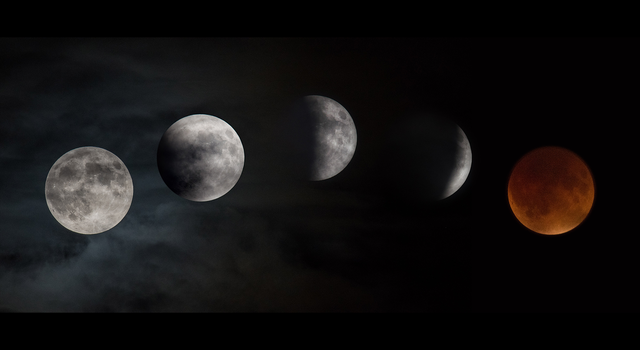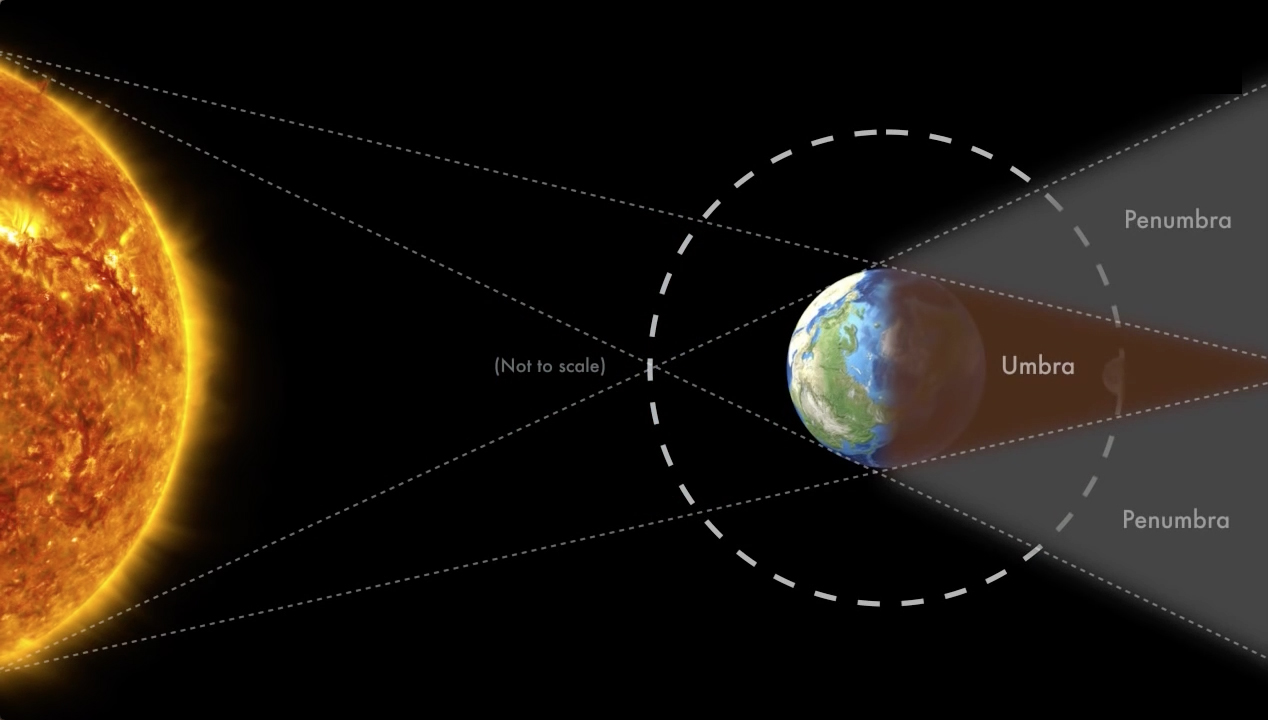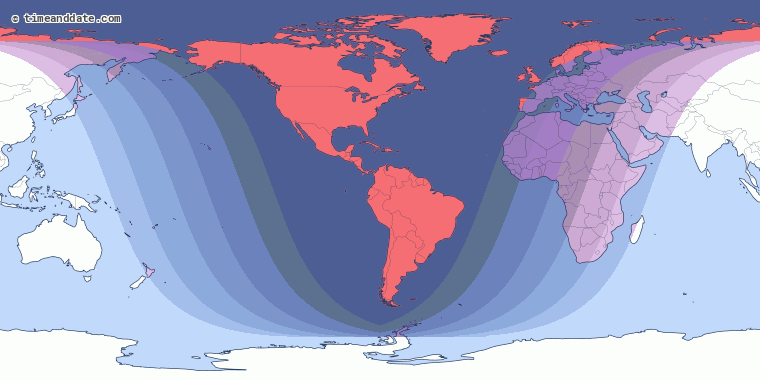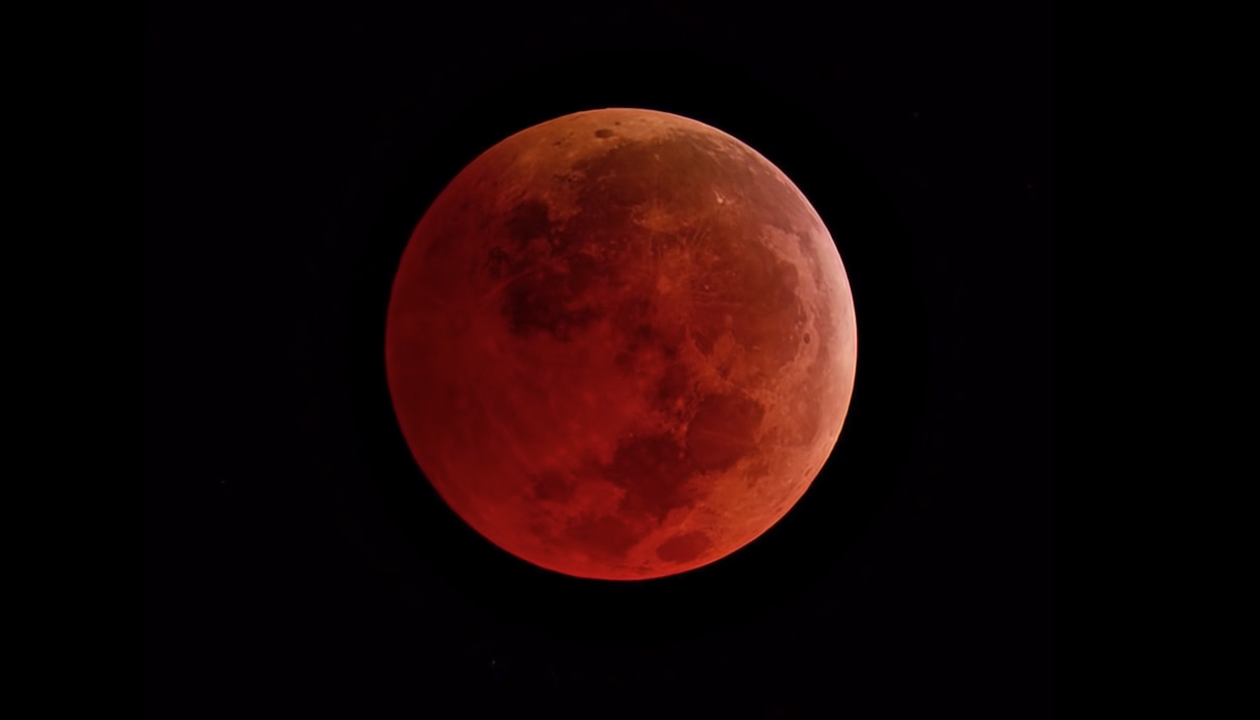Incredible total lunar eclipse now less than a week away
Posted: Jan 14, 2019 1:46 PM EST
Get ready for a show in just under a week. The night of Sunday, January 20th will feature a phenomenal show in the sky as a total lunar eclipse will occur. It's being dubbed a 'super blood wolf moon' lunar eclipse. And there's a reason for that. The moon itself will be closer to Earth than other full moons, making it appear noticeably bigger and brighter in the sky. That is where the "super" comes from. It will take on a rusty orange to dark-ish red color during the eclipse, which explains the "blood" part of the name. Finally, a full moon in January has been called a "wolf moon" since colonial times.
It's a lot to take in. What you need to know is that you should pencil in some time Sunday night to venture to a dark place to view a phenomenal event. As the moon passes directly through Earth's shadow, it will turn rusty orange to dark reddish not only here in Michiana, but across the entire Continental U.S. It will be the first total lunar eclipse visible across the entire Lower 48 since December 21, 2010.
The best part about the event is Michiana falls directly in the middle of the zone of visibility. In other words, we will see the entire thing. If you want to see exactly what it will look like in South Bend, you can head to this link. The eclipse will last for a whopping 5 hours and 12 minutes for everyone in Michiana, but the part that you'll want to see is the total lunar eclipse that begins at 11:41 p.m. Sunday night. That will last for more than an hour, ending at 12:43 a.m. Monday morning. The maximum eclipse point will occur at 12:12 a.m. It's this window (11:41 p.m. to 12:43 a.m.) that will provide the best viewing as the moon will appear reddish-orange. An early look at the forecast shows skies should be clear enough to allow us to view the eclipse. There may be some lake effect clouds, but it would be a short drive to get to clear skies if that winds up being the case.
If you don't get to witness the eclipse, you'll have to wait awhile for your next chance. The next total lunar eclipse won't take place until May 26, 2021. That's 863 days, if you're counting. To get the most out of the eclipse, try using binoculars or a telescope to view the moon in greater detail!





